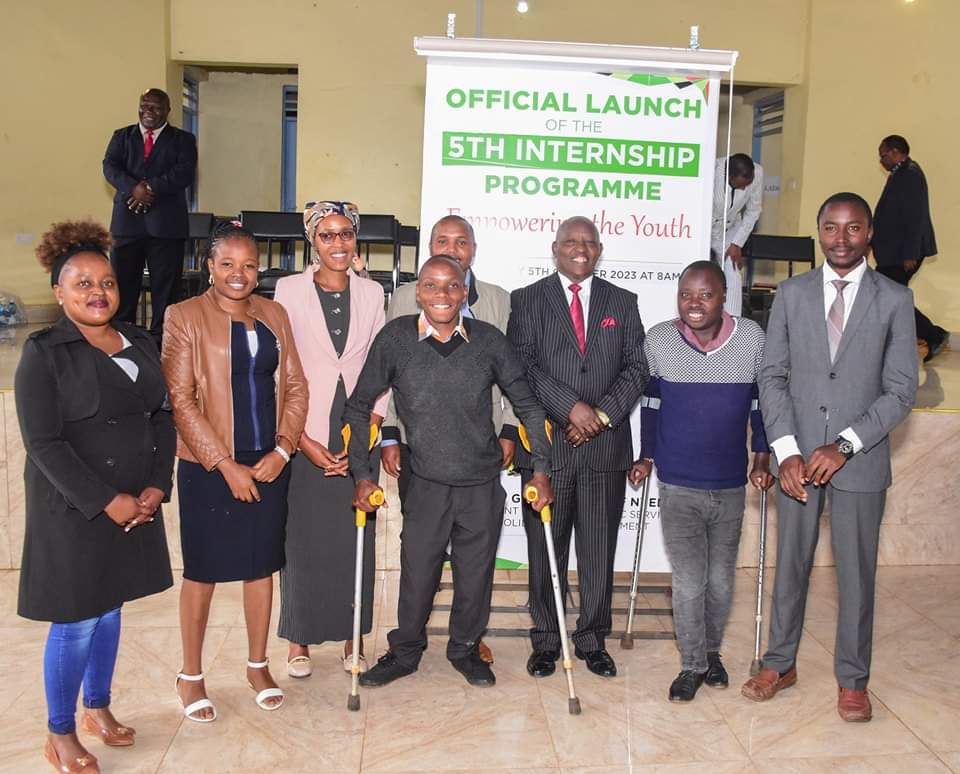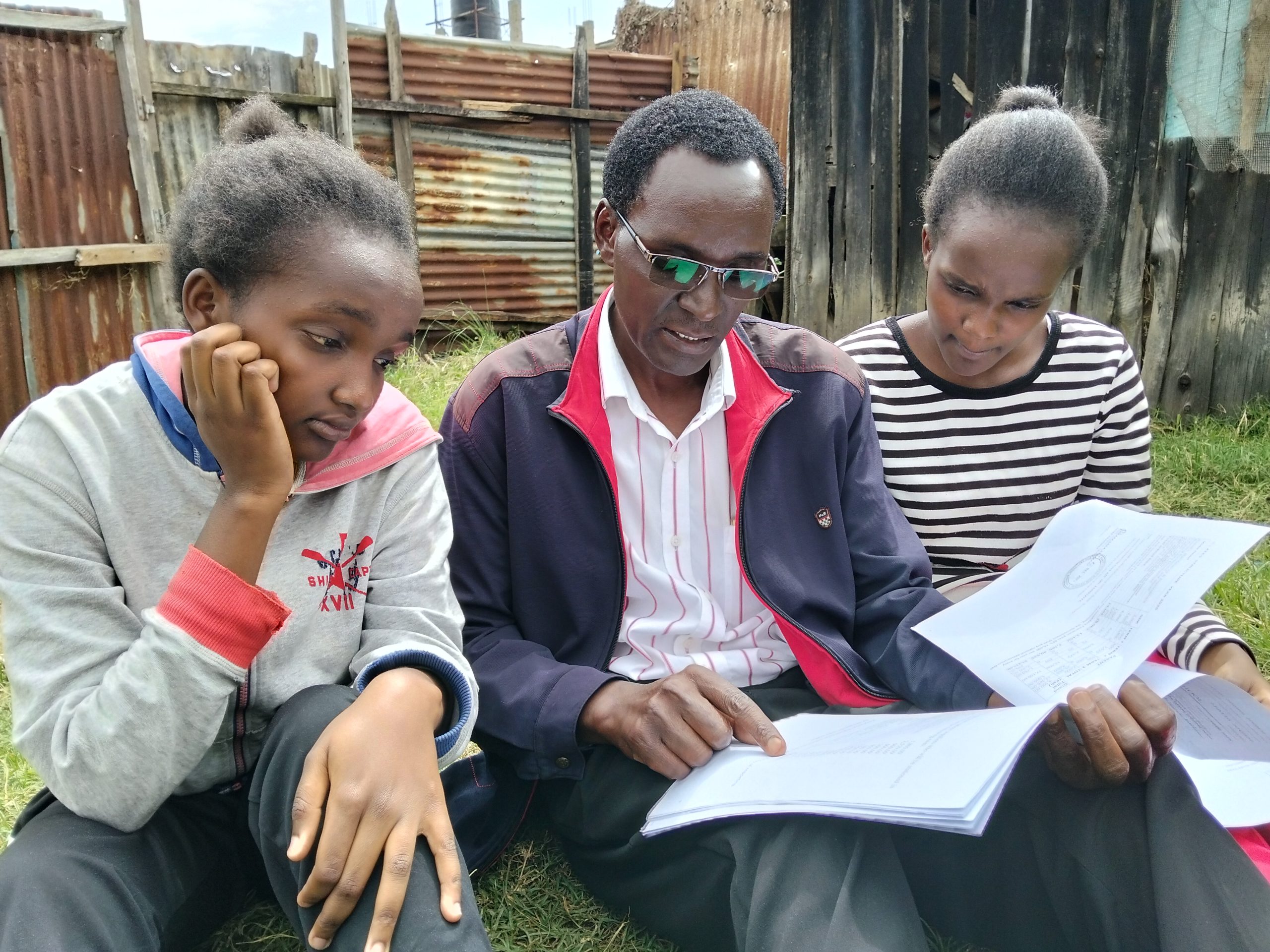High levels of poverty and a lack of education on menstrual health in Nyeri County has contributed significantly to the high number of teen pregnancies.
In the struggle to maintain menstrual health, young mothers living in Majengo slums have found themselves facing unbearable financial difficulties, many of them resorting to transactional sex to afford menstrual products such as sanitary pads, underwear, and painkillers.
According to the Kenya Demographic and Health Survey (KDHS) 2022, five per cent of teen pregnancies can be attributed to girls being compelled to engage in unprotected sex with boda boda riders in exchange for pads.
The grim picture is painted by two young women in the slums.
Now a mother of three, Jane Wanjiku became pregnant at the age of 11 after dropping out of school.
“I borrowed money from a man living in our neighbourhood to buy sanitary pads, but he demanded for sex after my period ended. I didn’t reject his advances because he promised to support me financially,” she said.
She later discovered that she was pregnant, and the man had vanished.
Maureen Wairimu, mother of one, said she was forced to marry a boda boda operator at the age of 12.
“He promised to make my life easier, so I ran away from home and started living with him. Little did I know that I would become pregnant,” she said.
Both Wanjiku and Wairimu admitted that being a young mother poses many challenges especially when one comes from a poor background.
“It’s very tough, especially when you are not educated and have no job. When you ask for assistance from men, they expect to be paid back with sex,” she said.
However, there is a glimmer of hope. In a bid to end stigmatization and period shame among girls and young mothers, over 2000 girls from vulnerable families living in the slums have been donated reusable sanitary pads by Heel4pads Foundation.
According to mental health curriculum trainer Angela Waweru, the pads can be reused for a period of two years, which will help retain adolescent girls in school.
“Period shame is real for many girls and young mothers. They need to be educated on menstrual health and hygiene, and we want our women to live in dignity,” she said.
By Macharia Kiarie
Get more stories from our website: Education News
To write to us or offer feedback, you can reach us at: editor@educationnews.co.ke
You can also follow our social media pages on Twitter: Education News KE and Facebook: Education News Newspaper for timely updates.
>>> Click here to stay up-to-date with trending regional stories






